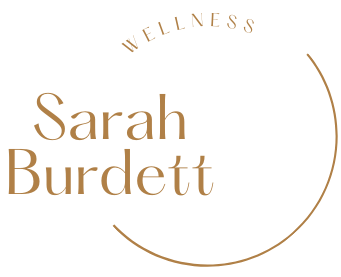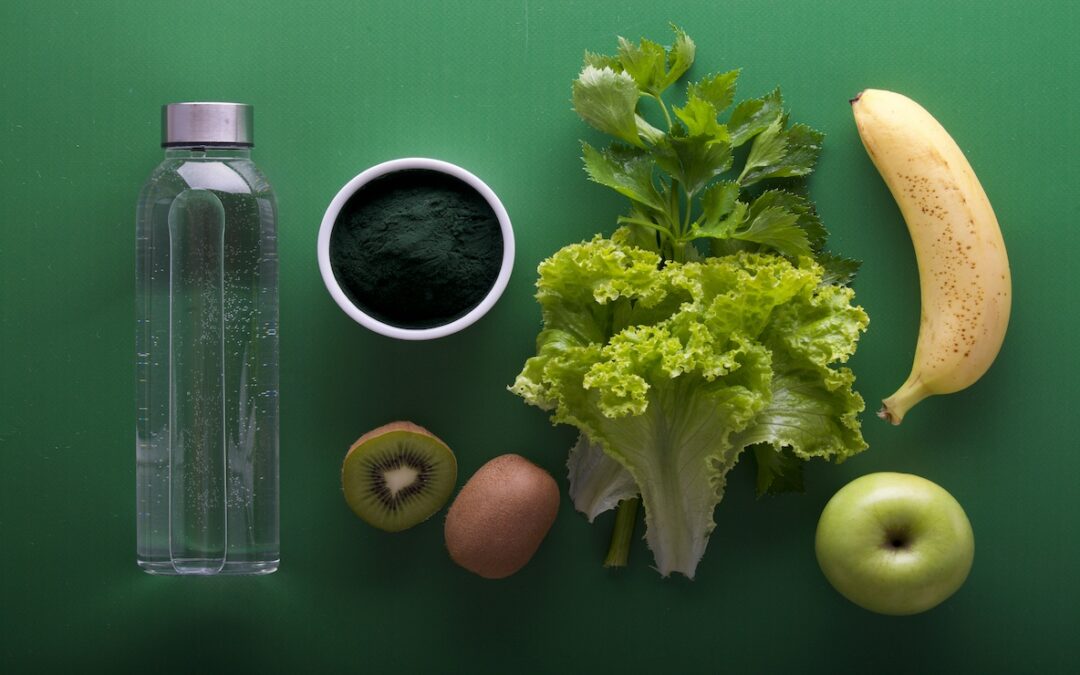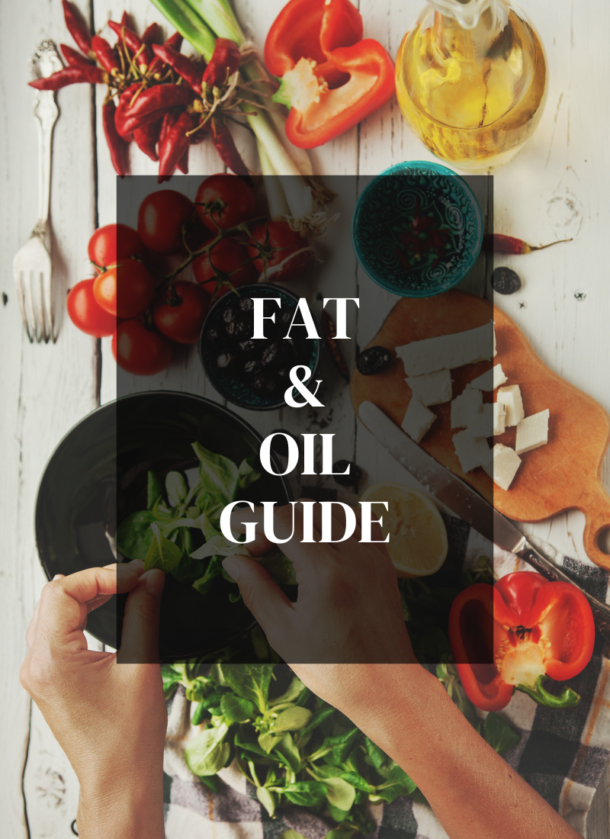Your Genes Are Not Your Destiny
Think of your genes as a dusty old library filled with books you inherited from your ancestors. The stories in those books—your DNA—don’t change, but how you read them, dog-ear the pages, or even decide which ones to pull off the shelf? That’s up to you. This is the magic of epigenetics: the science of how your lifestyle can flip the switches on your genes, turning some on and others off. Aging might feel like a one-way street, but research shows we can rewind the clock a bit—biologically speaking—by spring-cleaning our gene expression. Ready to dust off your DNA and feel younger? Let’s dive in.
The Science: How Epigenetics Runs the Show
Epigenetics is like the director of a play—it doesn’t rewrite the script (your DNA), but it decides how the actors (your genes) perform. Chemical tags, influenced by diet, stress, sleep, and more, attach to your DNA and tell it what to do. A landmark 2015 study in Science showed that lifestyle factors can alter these tags, impacting biological aging markers like telomere length—those protective caps on your chromosomes that shorten as we age [1]. Shorter telomeres mean faster aging; longer ones signal youth. The good news? You’ve got some control over the process. Scientists estimate that only about 20% of how we age is dictated by genetics; the other 80% is up to our daily choices [2].
Practical Steps: Lifestyle Hacks to Refresh Your Genes
Ready to take charge? Here are some evidence-backed ways to tweak your gene expression and promote healthy aging:
1. Eat the Rainbow (and Skip the Junk)
A diet rich in colorful plants—like berries, leafy greens, and cruciferous veggies—floods your body with antioxidants and polyphenols that support DNA repair. A 2020 study in Advances in Nutrition found that Mediterranean-style eating patterns, heavy on whole foods and healthy fats, were linked to longer telomeres [3]. Ditch processed sugars and trans fats—they crank up inflammation, which messes with gene expression.
2. Move It or Lose It
Exercise isn’t just for your muscles—it’s a gene tuner. A 2019 study in Sports Medicine showed that regular physical activity, like brisk walking or strength training, boosts enzymes that protect telomeres [4]. Aim for 30 minutes most days—nothing fancy, just consistency.
3. Sleep Like It’s Your Job
Poor sleep throws your epigenetic switches out of whack. Research from Sleep journal in 2021 found that chronic sleep deprivation accelerates biological aging by disrupting DNA repair processes [5]. Get 7-9 hours of quality shut-eye to let your genes recharge.
Conclusion: A Functional Medicine Mindset
Aging isn’t just about candles on a cake—it’s about how your body feels and functions. Functional medicine reminds us that health is holistic: what you eat, how you move, and even how you rest can rewrite your biological story. By embracing these simple, natural steps, you’re not just spring-cleaning your genes—you’re giving yourself a shot at a longer, vibrant life. Small changes, big impact. What’s your first step going to be?
References:
- Blackburn, E. H., Epel, E. S., & Lin, J. (2015). Human telomere biology: A contributory and interactive factor in aging, disease risks, and protection. Science, 350(6265), 1193–1198. https://doi.org/10.1126/science.aab3389
- Passarino, G., De Rango, F., & Montesanto, A. (2016). Human longevity: Genetics or lifestyle? It takes two to tango. Immunity & Ageing, 13(1), Article 12. https://doi.org/10.1186/s12979-016-0066-z
- Crous-Bou, M., Molinuevo, J.-L., & Sala-Vila, A. (2019). Plant-rich dietary patterns, plant foods and nutrients, and telomere length. Advances in Nutrition, 10(Suppl_4), S296–S303. https://doi.org/10.1093/advances/nmz026
- Werner, C. M., Hecksteden, A., Morsch, A., Zundler, J., Wegmann, M., Kratzsch, J., Thiery, J., Hohl, M., Bittenbring, J. T., Neumann, F., Böhm, M., Meyer, T., & Laufs, U. (2019). Differential effects of endurance, interval, and resistance training on telomerase activity and telomere length in a randomized, controlled study. European Heart Journal, 40(1), 34–46. https://doi.org/10.1093/eurheartj/ehy585
- Carroll, J. E., & Prather, A. A. (2021). Sleep and biological aging: A short review. Current Opinion in Endocrine and Metabolic Research, 18, 159–164. https://doi.org/10.1016/j.coemr.2021.03.021


